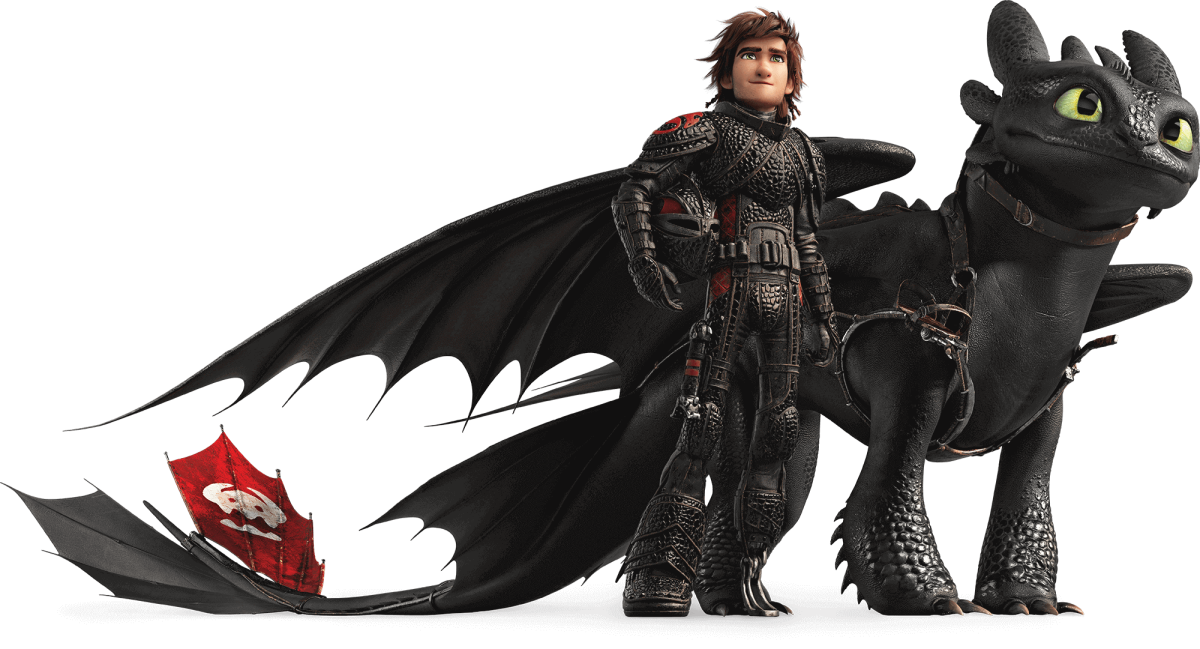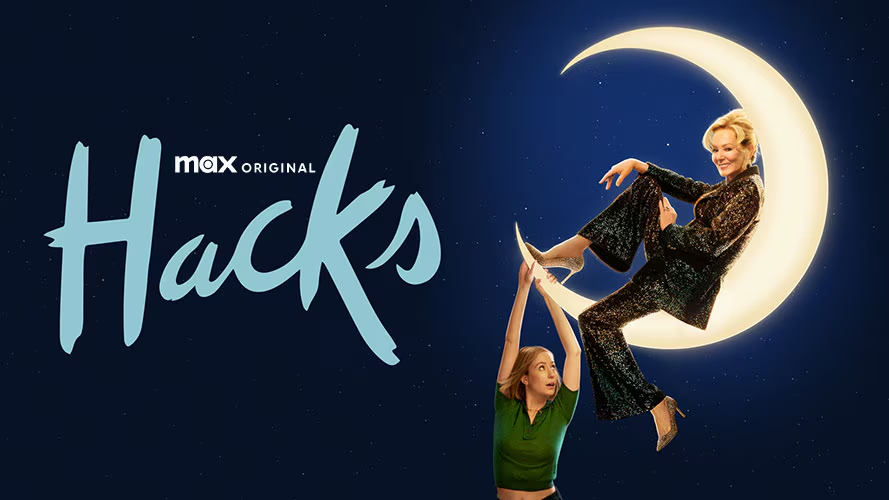Drama, rivals, yelling, screaming, grudges, and DANCE. Reality TV show, Dance Moms followed the life of Abby Lee Miller and her Competitive dance travel team around the country compete and learn new dances each week. Viewers are serenaded by kicking, screaming, and yelling which surprisingly comes from the dancers’ mothers, not the tiny tots. Whether the anger is towards Abby, another mom ,or even their own children, the behavior proves this show isn’t for the faint of heart. Moving past all of the wonderful drama, arguments, and of course, the high caliber dance skills, The show, unfortunately, made a lot of things in the life of both the kids on the team, their mothers, and Abby Lee Miller herself very public. This led to a lot of trouble for the former reality stars, and while many fans know what has happened after the show ended, but many don’t know how negative the show really was and how damaging it had become.
So, let’s step into the dazzling yet tumultuous universe of Dance Moms, a reality TV show that thrives on drama, pitting ambition against compassion and competition against camaraderie. While the glitzy dance routines and flashy costumes grabbed viewers attention, there’s a darker underbelly to the show that’s worth examining.
At the heart of it all was Abby Lee Miller, the no-nonsense dance coach who held the reins of power with an iron grip. Her brutal honesty and relentless pursuit of perfection are meant to toughen up young dancers and prepare them for the harsh world of competitive dance. But as the cameras roll, it becomes increasingly clear that her methods were as much about humiliation as they are about honing talent.
Behind the scenes, the relationships between the dancers and their mothers resembles a ticking time bomb, ready to detonate at any moment. The interactions between the mothers often devolves into yelling matches, where insults fly faster than fouetté turns. The show thrives on conflict, turning genuine emotions into scripted showdowns for entertainment.
The most glaring aspect of Dance Moms is how rivalries felt more manufactured than organic. Viewers are treated to the spectacle of mothers embroiled in bitter feuds in place of whose child deserves the spotlight. These rivalries aren’t just for dramatic effect as they have real consequences, sowing seeds of resentment among children who are forced to navigate the turbulent waters of their mothers’ ambitions.
The show’s portrayal of dance as a cutthroat arena takes a toll on the young dancers. They are pushed to their limits physically and emotionally, often breaking down in tears in front of the cameras. The pressure to perform flawlessly week after week leaves them vulnerable to stress, anxiety, and even injury. And while some may argue that such challenges are a natural part of a dancer’s journey, Dance Moms seems to amplify the negative aspects for the sake of ratings.
The relentless exposure to fame at a young age also has lasting effects. The young dancers and their mothers find themselves thrust into the limelight, subject to both adoration and harsh criticism from the public. This exposure invaded their personal lives, making it difficult to distinguish between the personas they portrayed on screen and their real identities. The weight of constantly being in the public eye takes a toll on their mental well-being, leaving scars that are rarely seen amidst the sequins and smiles.
As the final curtain falls on Dance Moms, it’s important to reflect on the impact this show had beyond the glitz and glam. The relentless pursuit of drama, the scripted rivalries, and the intense pressure to succeed showcased the darker side of reality TV. While the show provides a glimpse into the world of competitive dance, it also normalizes behavior that borders on emotional abuse and manufactured conflict for the sake of entertainment.
Dance Moms is a captivating spectacle that left an indelible mark on reality TV. Yet, beneath the surface, it illuminated the troubling consequences of fame-seeking, manufactured rivalries, and the toll they took on the mental and emotional well-being of those involved. It’s a stark reminder that even the most entertaining shows can have a far-reaching impact that extends beyond the screen.











